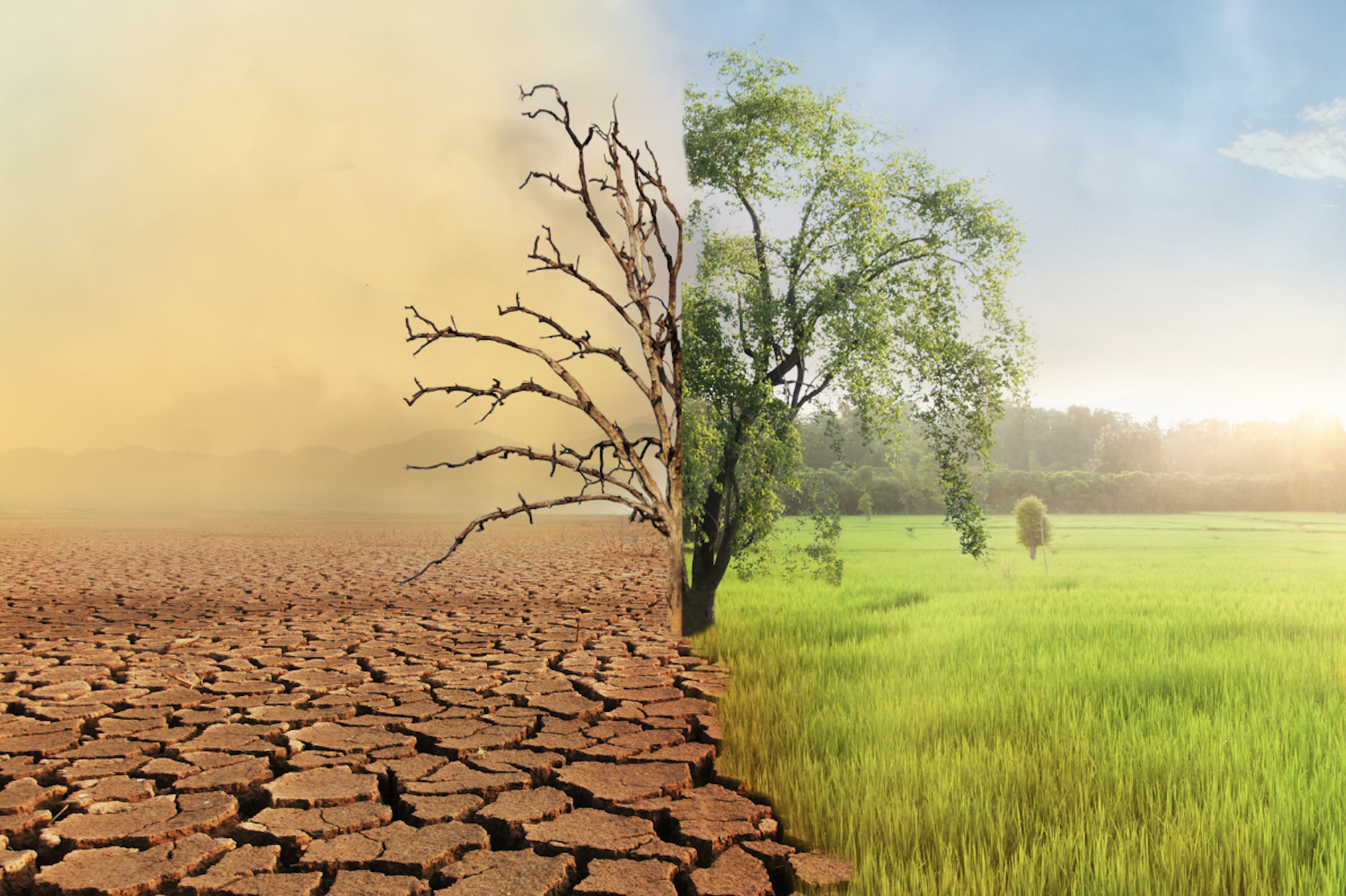15 December 2023
Despite the last-minute controversies surrounding the latest iteration of a global climate change deal, Caribbean countries may still consider COP28 one of progress.
Staged in in Dubai over 1 to 12 December 2023, the Conference of Parties to the UN Framework Convention on Climate Change (UNFCCC) known as COP, saw an early breakthrough with an agreement to operationalise the much talked about Loss and Damage Fund which is mean help to shoulder climate change adaption costs, reduce its future impact, and pay for ongoing loss and damage.
“Today’s news on loss and damage gives this UN climate conference a running start. All governments and negotiators must use this momentum to deliver ambitious outcomes here in Dubai,” said UN Climate Chief and former Dominican Government Minister, Simon Stiell.
Wealthy countries have so far pledged over US$700mn to the fund, with the United Arab Emirates (UAE) announcing US$100mn on the opening day of the conference. Germany announced US$100mn, France and Italy pledged US$108mn each, while the US and Japan, the world’s third largest economy received significant criticism for their pledges of just US$17.5mn and US$10mn, respectively.
“This has probably been the most progress we’ve seen in the last 12 months on finance… but we’re not where we need to be yet,” said Barbados Prime Minister Mia Mottley at the conference, which was attended by several CARICOM leaders, adding that the total pledged was a far cry from the US$420bn which is needed.
She argued that a global 0.1% tax on financial services could raise US$420bn. “If we took 5% of oil and gas profits last year — oil and gas profits were US$4tn — that would give us US$200bn… If we had a 1% tax on the value of shipping — that, last year, the value of that was US$7tn — that would give us US$70bn,” said Mottley.
Several CARICOM countries used COP as an opportunity to launch their own climate change initiatives as the focus on long-term sustainability deepens.
At a side-event, St Kitts and Nevis launched its plan to become a sustainable island state. Themed “Moving Toward Sustainability with SISA2040,” the plan will see the country focusing on green energy, including a significant solar and battery energy storage project, and exploring geothermal energy on Nevis.
Meanwhile, The Bahamas launched the Bahamas Sustainable Investment Programme (BSIP) with a target of establishing a US$500mn funding mechanism to enhance Bahamian infrastructure to withstand climate change and transition to clean energy. It will also support conservation of coastal zones, reduce biodiversity loss, promote regenerative agriculture, carbon sequestration, and participation in natural asset-backed carbon credit programmes.
At COP, Barbados announced that it will partner with the World Bank Group’s International Finance Corporation (IFC) to develop the country’s first utility-scale onshore wind farm, known as the Lamberts project. IFC will serve as the lead transaction advisor to structure the 30-to-50-megawatt (MW) project as a public-private partnership (PPP) which supports Barbados’ goal to transition to 95% renewable energy by 2030. The US$80mn project, to be mostly owned by a private sector sponsor selected through a competitive tender process, signifies a shift towards involving private enterprise in Caribbean renewable energy infrastructure development.
Jamaica also signed a financial advisory services agreement
with the IFC for the development and structuring of the National Broadband Project to allow private investors to build a modern broadband network in the country.
The Government of Dominica and Dominica Electricity Services (DOMLEC) also used the conference to sign an agreement with Ormat Technologies Inc. and its subsidiaries to develop a 10MW geothermal power plant in Laudat by the end of 2025. Under the deal, Ormat will finance the construction, operate, and maintain the plant and geothermal wells for 25 years, while Dominica will maintain ownership of the wells, lands, and other assets it has invested in.
The Caribbean Development Bank (CDB) also announced at COP28 that it is leading the development of a regional online monitoring, reporting, and verification (MRV) system for tracking climate finance. This system will help Caribbean countries track and report finance flows for climate-related actions more effectively, reducing duplication among donors, and facilitating efficient use of resources.






